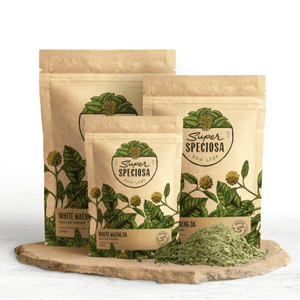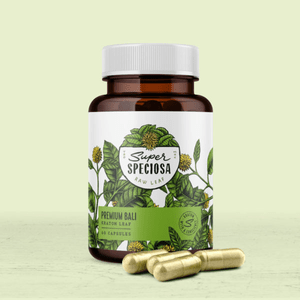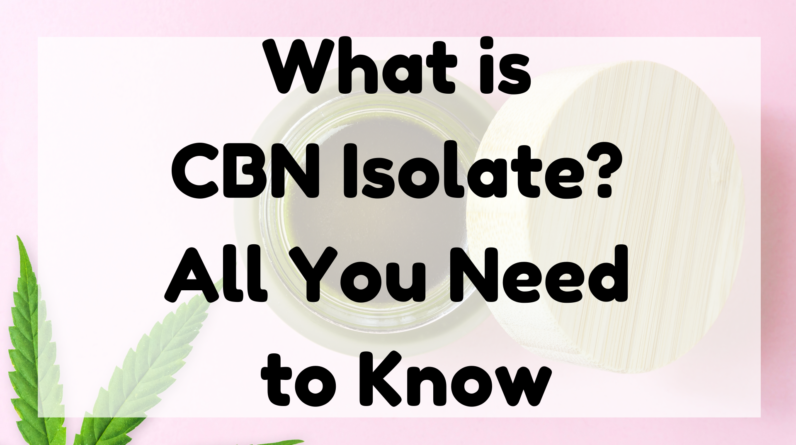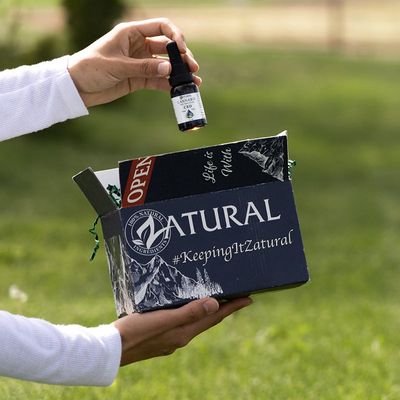Is Kratom Hard On The Liver? Let’s Find Out
Kratom may be found at various smoke shops and on the internet.
It’s a botanical manufactured from Mitragyna speciosa, a tropical evergreen tree native to Southeast Asia.
It is a stimulant at low dosages. It produces an opioid-like action at large dosages.
Kratom has become extremely popular in recent years.
Recently there have been talks about the effects of kratom on the liver, which have raised people’s concerns about them, and in this article, we will be talking about is kratom hard on the liver?
And is kratom safe for the liver?
What is Kratom?
Kratom is a Southeast Asian tree.
The leaves contain mitragynine, similar to opioids like morphine, and cause addiction and high effects.
Kratom, like opioid medications, has pain-relieving properties.
It’s also linked with numerous major safety problems as other opioids.
Individuals regularly take kratom to treat withdrawal symptoms from morphine, heroin, and other opioid narcotics, depression, anxiety, cough, and various other illnesses, but there is no clear scientific evidence to back up these claims.
Using kratom can potentially be dangerous.
Due to major safety concerns, kratom is prohibited in numerous jurisdictions and countries.
The US Food and Drug Administration has advised customers to avoid consuming kratom-containing products.
Benefits of Kratom
Kratom has been utilized as a natural home treatment in Asia for hundreds of years.
It has traditionally been used to treat:
- Fatigue
- Pain
- Diarrhea
- Cramps in the muscles
While contemporary science has provided evidence for these and other traditional medicine claims, much more study is required.
Can Kratom Affect Your Liver?
Can kratom cause liver damage?
Kratom extracts have been used to treat chronic discomfort, diarrhea, and coughing.
Kratom’s psychoactive effects have led to its recreational use as a cannabis-like drug.
At higher dosages, it is possible to experience agitation, hypertension, dyspnea, and disorientation.
Kratom overdoses can result in seizures, coma, and death.
The US Food and Drug Administration and the Drug Enforcement Agency have issued warnings concerning kratom as a dietary supplement due to safety concerns, including side effects such as respiratory depression, aggressiveness, hallucinations, delusions, sleeplessness, vomiting, and severe withdrawal.
Despite these precautions and the absence of established medicinal advantages, kratom has become a popular and readily accessible herbal substance to treat opiate withdrawal symptoms and musculoskeletal pain.
Several kratom overdose deaths have been documented.
Kratom usage for recreational purposes has been connected to rare incidences of acute liver injury.
Injury to the liver often occurs between 1 and 8 weeks after starting regular kratom powder or tablets, including tiredness, nausea, pruritus, dark urine, and jaundice.
The cholestatic or mixed pattern of liver damage is common, and it can be severe, with blood bilirubin levels surpassing 20 mg/dL.
Severe cholestasis could be accompanied by bone marrow toxicity and acute renal failure.
Fever is also common, but there is no rash or eosinophilia, and autoantibodies are absent.
Cholestasis can be extended, although it typically resolves on its own.
Corticosteroids and N-acetylcysteine have been tested in cases with suspected kratom hepatotoxicity, but their efficacy is uncertain.
Kratom is an illegal substance in many parts of the nation, and it is regarded as a drug of abuse instead of a nutritional supplement.
At least two dozen cases of clinically obvious liver impairment with jaundice have been described in the literature, with a comparable number being reported to the Food and Drug Administration’s adverse event database.
Is Kratom Addictive?
Kratom is addictive, and it is possible to become reliant on it.
You might be using kratom as a natural, less hazardous alternative to highly addictive opiate medicines.
While many people use kratom to treat opioid addictions successfully, others who do not have an addiction may get addicted.
Tolerance to kratom alkaloids such as mitragynine develops rapidly, and you may soon find yourself taking more than normal to get the advantages.
When you regularly take significant amounts of kratom, stopping becomes quite tough due to withdrawal symptoms.
Individuals in this position are referred to as “kratom dependant.”
Kratom withdrawal symptoms are unpleasant and should be avoided at all costs.
When you try to stop using kratom, you may have muscular pains, sleeplessness, nausea, and vomiting.
White Maeng Da Kratom Powder

White Maeng Da is from the Indonesian area of West Kalimantan, which is found in Brunei.
It contains 30% Green Vein Kratom powder and 70% White Vein Kratom powder.
The powder is created by naturally drying leaves for 4 to 5 hours, and this powder mixed with other powders is ideal for anybody looking to boost their overall well-being.
Another amazing feature of White Maeng Da is its lovely aroma which is always good quality.
It tastes great when combined with juice and is best taken in the morning or afternoon.
Premium Bali Kratom Capsules

Super Speciosa offers several ways to consume herbal medicine.
Super Speciosa manufactures rich kratom leaves in its Florida factory powders, capsules, pills, and beverages.
Super Speciosa uses thorough laboratory testing and minimum human involvement during manufacture to ensure high-quality kratom products are delivered to the market.
Each premium Bali kratom capsule jar contains 60 vegan capsules.
Each pill includes about 600mg of kratom powder.
For high-quality requirements, the capsules are AKA GMP Qualified Vendor.
They’ve been tested for impurities, heavy metals, and contaminants, and they’re made with premium quality all-natural kratom leaf powder.
There are no fillers or additives in this product, only the leaf.
Conclusion
The reason for liver damage caused by kratom is unclear.
It is frequently taken in conjunction with other agents, especially illicit substances, and its causal association to liver damage in reported instances is not always evident.
Patients who report acute liver damage from kratom generally recover if the drug is stopped.
There is no evidence that corticosteroids shorten or improve the course of sickness.
Patients should be cautioned about using kratom or multi-ingredient dietary supplements that may include it.
References
NEXT Kratom And Ibuprofen Interaction
Legal and Medical Disclaimer
Information provided on the site is for educational purposes only, and does not substitute for professional medical advice.
You MUST consult a medical professional or healthcare provider if seeking medical advice, diagnoses, or treatment.
Additionally, you must consult your local and federal laws regarding the legality of buying CBD and THC products.
We do not provide any legal advise.








